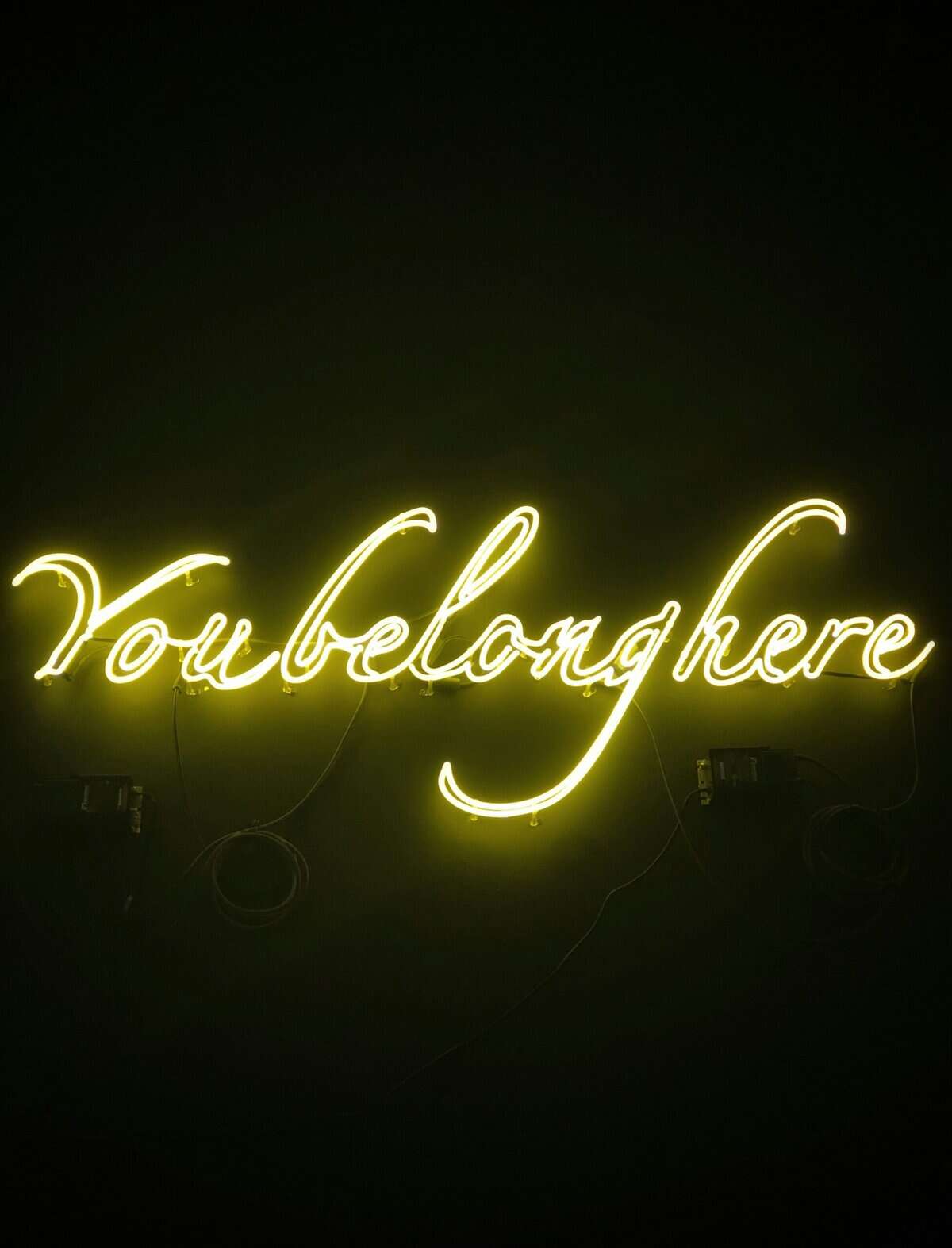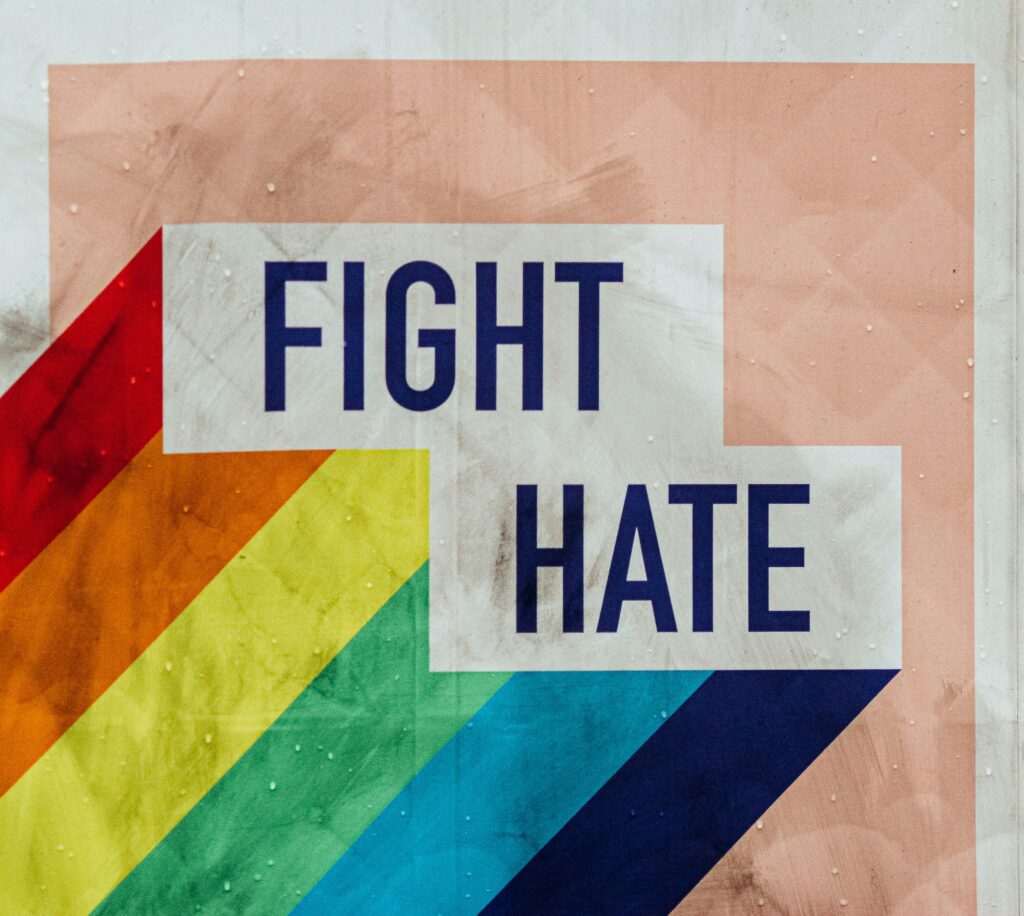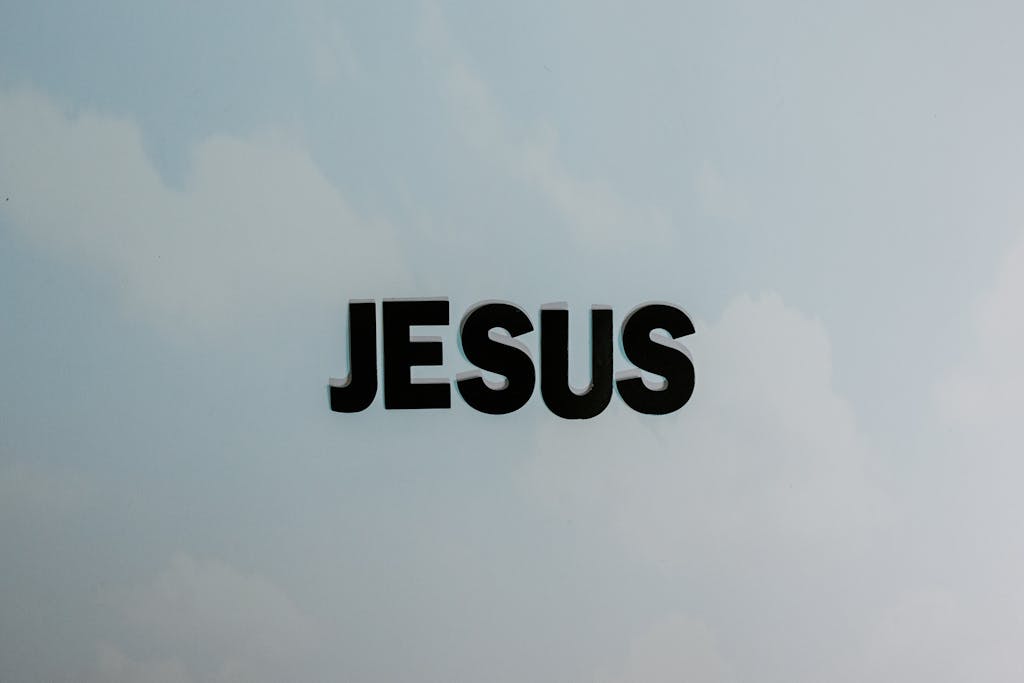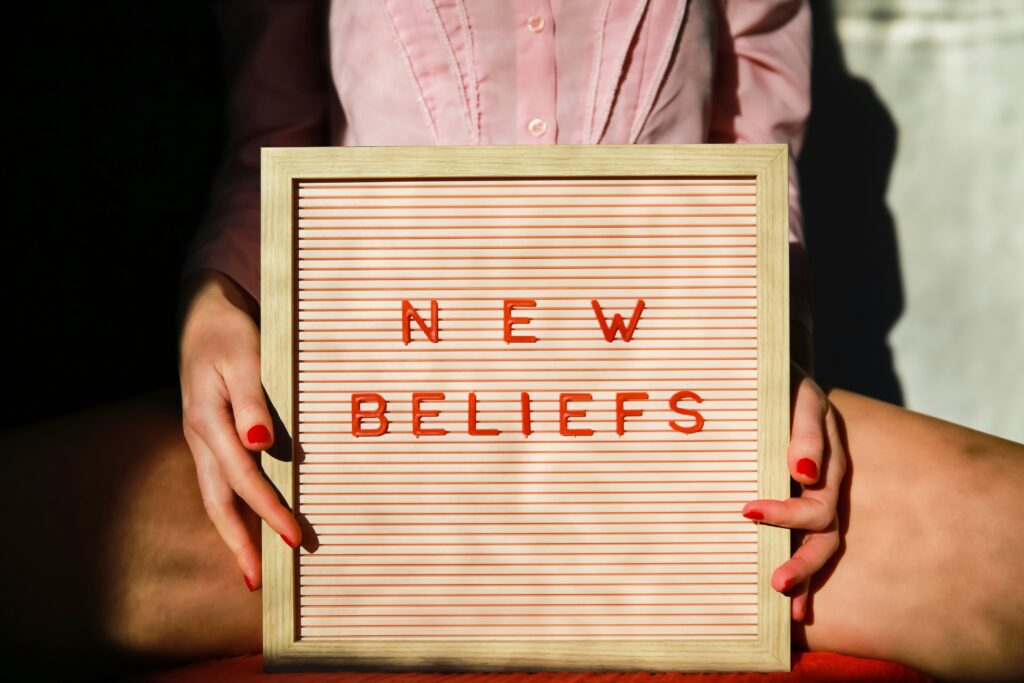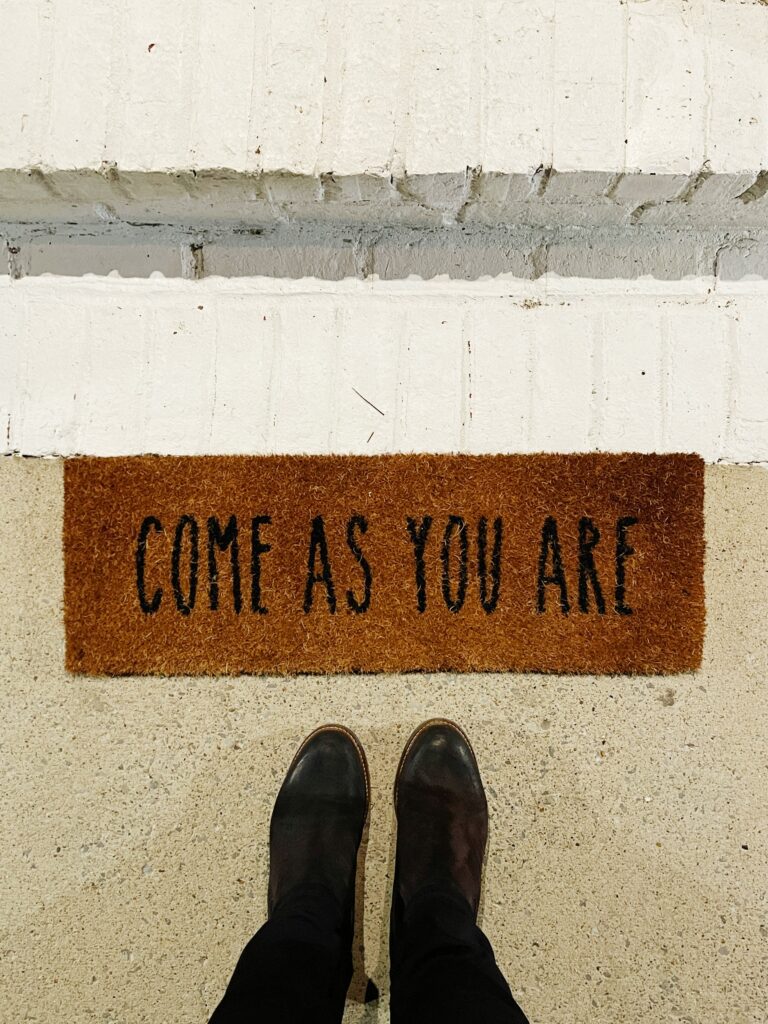Striving for Radical Inclusion in the Church
It’s not just that we want to belong. Psychologists insist—we need to belong.
Human connection isn’t optional; it’s essential. Research shows that after food, water, and safety, our greatest needs are love and belonging. We’re wired for relationships, for community, for knowing that we matter to others, for having a sense of “home.”
But for most of us, the road to belonging isn’t so simple.
The Pressure to Fit In
I remember desperately wanting to “fit in” as a kid. I wasn’t one of the popular kids, and I knew exactly what parts of me didn’t measure up. So, I tried to change them—my hair, my clothes, the music I listened to, the words I used, and so much more. In essence, I was trying to change myself.
While I eventually found my way into new social circles, I soon learned something important the hard way. When your place in a group is based on “fitting in” (rather than belonging) it can be taken away just as easily.
Real belonging isn’t about twisting yourself into a mold. It’s about being loved and accepted as you are—no edits, no alterations, no proving yourself worthy first.
When Religion Builds Barriers Instead of Community
Society constantly pressures us to fit into categories. Dress this way. Speak this way. Believe this. Do that.
And for far too long, the Church has been one of the biggest enforcers of these rules! Instead of serving its mission to extend the radical love and grace God intends for each and all, the Church has sought to build barriers by theology and dogma as weapons.
History is full of examples. The Crusades and the Inquisition were carried out in God’s name, driven by fear and power rather than love and justice. In more recent history, the Church was at the forefront of justifying slavery, segregation, and the oppression of Indigenous peoples. Christian institutions supported boarding schools that stripped Native children of their language and culture. White churches largely opposed the Civil Rights Movement, with many actively fighting against racial justice.
And it didn’t stop there. The Church fueled the AIDS crisis stigma in the 1980s, turning a blind eye to suffering while preaching condemnation instead of compassion. Many church traditions continue to reject LGBTQ+ people, refusing to recognize their marriages, ordain them, or allow them to fully participate in worshiping communities.
Churches Leading the Culture Wars
And today? Many churches are still leading the charge in culture wars, declaring who does and doesn’t belong. They are banning books, fighting against trans rights, and championing political power over Christlike love. They decry “wokeness” while ignoring the very real harm done in Jesus’ name.
Jesus’ question, “Why do you see the speck in your neighbor’s eye but not the log in your own?” should haunt us! How can the Church extend the love and grace God intends if it refuses to acknowledge the harm it’s caused? How can any of us authentically follow Christ if we’re more focused on judgment than justice? If we’re more committed to power than to love?
Thankfully, the Church can acknowledge the pain it caused, the division it created, and the errors of what they taught and modeled. And it must.
Reclaiming the Faith Jesus Taught
Even with so much division and pain in the world today, the Church has an incredible opportunity to reclaim its calling. It’s time for faith communities to embody the radically inclusive love of Jesus—not in words alone, but in practice!
It’s important to note—this isn’t about appeasing culture or lowering standards. Anything but! This is about living out the very heart of the Gospel as we embrace diversity, welcome the outcast, support the suffering, and celebrate each person as a unique reflection of God’s creativity.
What does this look like?
- It looks like celebrating individuality. People don’t need to be a carbon copy of everyone else in the sanctuary to belong. We’re all created in God’s image, and that diversity is a gift.
- It looks like listening without judgment. Too often, people’s stories are met with solutions instead of compassion. Real belonging starts with understanding.
- It looks like affirming love over limits. God’s love doesn’t come with fine print. A church that reflects that unconditional love will draw people in, not push them out.
Love Beyond Limits
Important to note—reclaiming the sense of belonging within the church has nothing to do appeasing culture or lowing Biblical standards. Anything but. Loving inclusion is the Heart of Christianity. It’s about living out the faith that Jesus taught. It’s about digging into the very heart of the Gospel in order to show a divided and hurting world the hope, healing, and love God intends.
Can we, together, be bold enough to make this shift? Bold enough to challenge the boundaries and metrics that have defined “fitting in”? Bold enough to reclaim the unshakable truth that we belong—not because we conform, but because we are loved?
The Church can, if it so chooses, become a beacon of belonging. It starts with each of us choosing love over limits and celebrating God’s creation exactly as it is—in ourselves, in our neighbors, and in those the world too condemns or overlooks.

